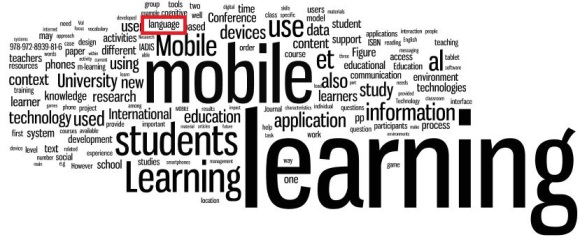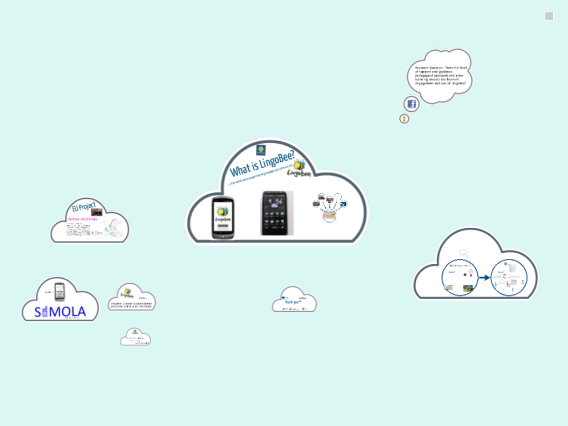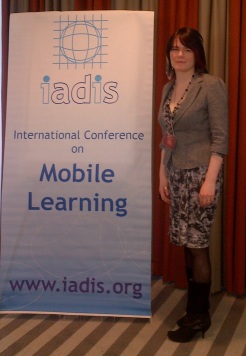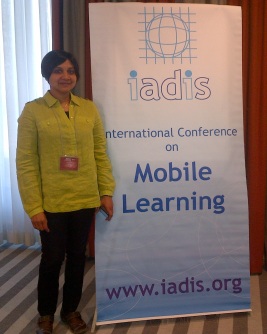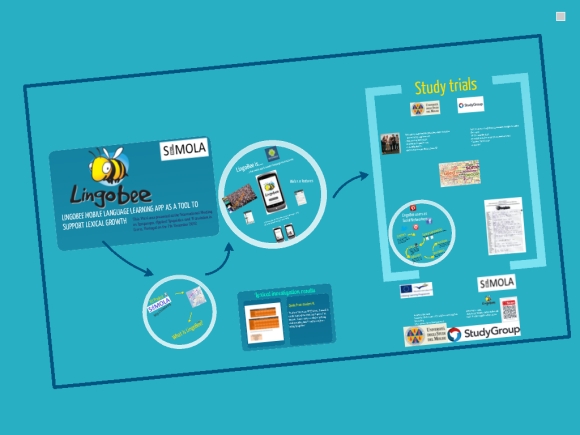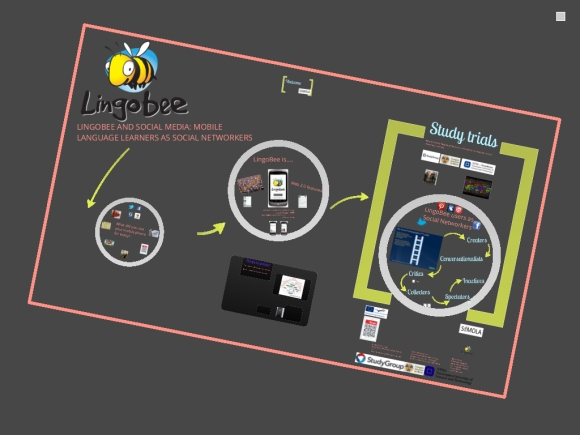Lingobee and the results of some of the user studies were presented at the NordiTEL Symposium, in Oulu, Finland, earlier this week. Several researchers in Technology Enhanced Learning (TEL) and Mobile Learning from Finland, Sweden and Norway presented their work at the symposium. There is a lot of activity in this field of research in the Nordic countries and it was very good to be among them and share our work.
The focus of our presentation was about bridging informal and formal education and how we could motivate Lingobee users to make Lingobee a natural part of their language learning process. This topic was motivated by the results of the user studies in Norway and the level of user participation.
Several other researchers felt that it was a challenge to get school teachers to adopt technology in their classrooms. The discussions in general were around these themes which can be seen from the “shouts” in the “learning café” panel discussion session.
There was a lot of interest in the work that we have done in SIMOLA and some researchers were interested in trying out Lingobee in different ways such as a repository for concepts and ideas in mobile digital story telling. The abstract was authored by Sobah Abbas Petersen and Ole-Torfinn Fagerli, both from NTNU, Norway. The presentation was done by Sobah.
While presenting work about language learning in different countries, it is natural to acquire a bit of the local lingo, although Finland was not the easiest for that. “kiitos” is thankyou in Finnish. Do you know how to say thankyou very much in Finnish? I was told it’s “Mos-Kiitos”. Check it out!

